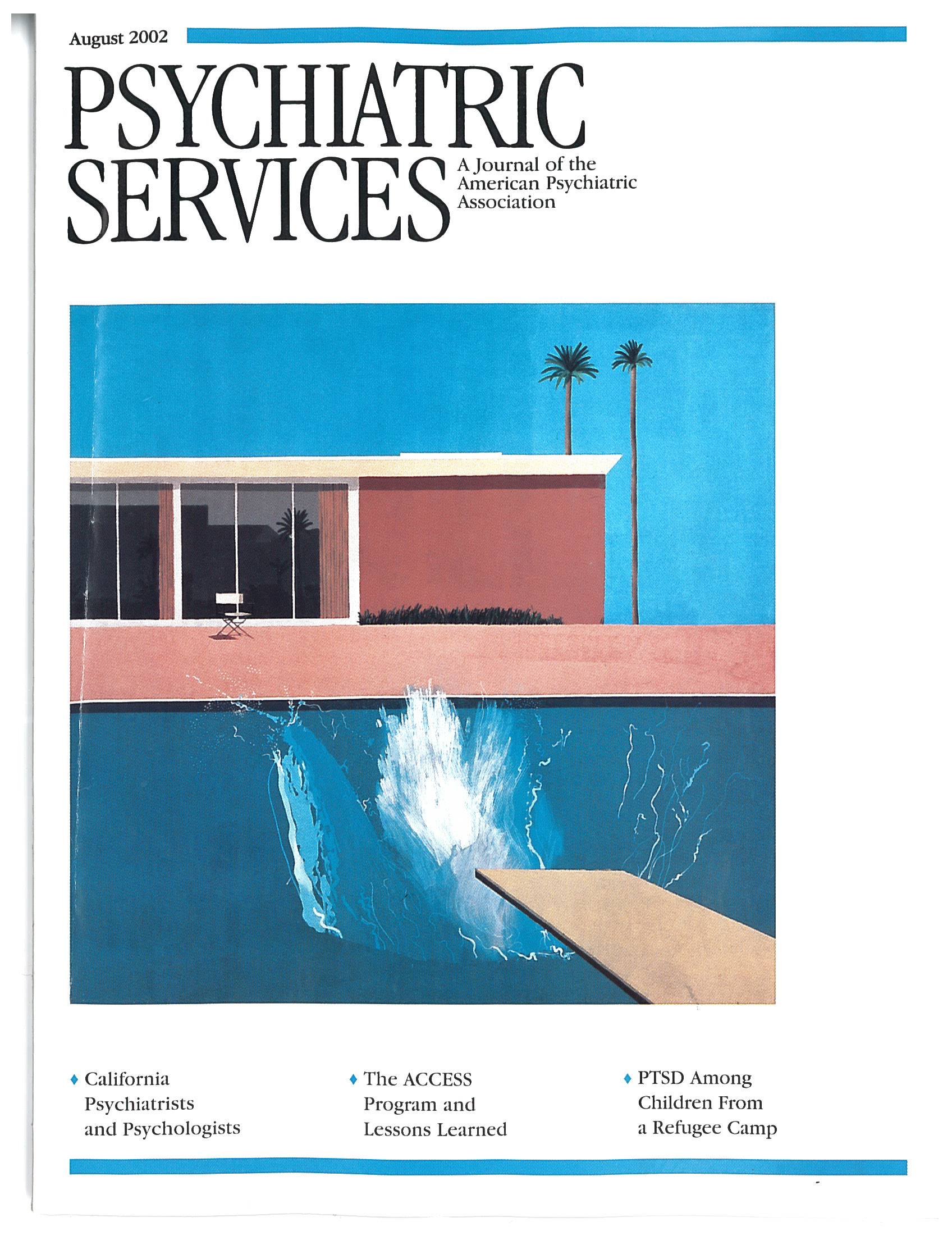In April 1613, two years after Simon Forman's death, Sir Thomas Overbury was committed to the Tower of London for refusing King James' offer of an ambassadorship to Russia. One month later, still a prisoner in the tower, he died. By the summer of 1615, rumors that Overbury had been poisoned prompted King James to have the death investigated.
The investigation revealed a convoluted plot that involved the young wife of the earl of Essex, who had been carrying on an affair with one of King James' favorite courtiers, to whom Overbury acted as adviser. When Overbury advised the courtier against involvement with the young woman, and after he refused the ambassadorship that was intended to remove him from the scene, she plotted his death by poisoning.
During the ensuing trials, Simon Forman was accused of aiding and abetting the plot in some unspecified manner, perhaps by supplying the poison or by working black magic. Traister finds the evidence for this vague at best. However, the insinuations of the royal prosecution were enough to tarnish Forman's reputation for the next four centuries. Writers from Ben Jonson to Nathaniel Hawthorne came to characterize him as either a silly fool or an evil magician in league with the devil.
The reality of Simon Forman's life is much more mundane, but it still makes for a good story for what it tells us about daily life during Shakespeare's times, especially the life of a successful physician. Forman was perhaps the first physician to keep detailed notes on the patients he saw. Although Forman was largely self-taught, as were many physicians of his day, he was also well read in the medical literature of the time. He did not read it uncritically, however. In his maturity, he took a practical, "experimental" approach to his practice, always trying to evaluate the efficacy of both diagnostic methods and treatment procedures. His casebooks were particularly useful to him in this regard. He was a careful observer, made meticulous notes, and learned from his experiences.
His conclusions frequently put him at odds with accepted medical practice of the time. He was, for example, vehemently opposed to the popular medical reliance on uroscopy, the use of urine samples to diagnose medical problems. At a time when little distinction was made between physical and mental disorders, Forman wrote a detailed treatise on melancholy. Still, according to Traister, his treatments were fairly conservative for the period, and "if they frequently did not cure, they probably did not do much harm either."
Like many of his colleagues, Forman's approach to medicine relied heavily on Galenic humoral theory, spiced with doses of Paracelsian drug and herbal theory. He was an accomplished astrologer and relied heavily on the art not only for making diagnoses and considering prognoses but also to guide his own daily life. He also did a good business in magical sigils, which are engraved metals or amulets that are meant to be worn to help ward off evil and illness or to attract good fortune or love. He wrote private manuscripts about astrology, alchemy, magic, and witchcraft. He engaged in experiments similar to those of John Dee, Queen Elizabeth's astrologer and the most accomplished English mathematician of his day, in which he tried to summon magical spirits—and he believed he had succeeded.
Forman built up a lucrative practice in London over the years. Unfortunately, his success did nothing to endear him to the College of Physicians of London, which was charged with licensing physicians in the London area. Although the majority of practitioners in London were unlicensed, the College seems to have concentrated its efforts at censorship on the most notorious—or most successful—of these practitioners. Forman came to their attention early in his career in London. He was imprisoned then and many times thereafter. Aside from leaving the London area for a few years at a time, however, Forman defied the College, and in 1603 he managed to receive a university license from Cambridge. This did not stop the College from harassing him, but it appears that he was never imprisoned again.
This book is filled with interesting details about Forman's practice as well as about his daily life. The narrative is written in fairly dry scholarly prose, but Forman himself manages to help the reader overlook this. There was more to the man than the conscientious physician. He could be exceedingly vain, trivial, and a bit of a whiner, but these faults add a humorous quality to his story. Anyone who is interested in the way medicine was practiced in its early years will want to read this book.

